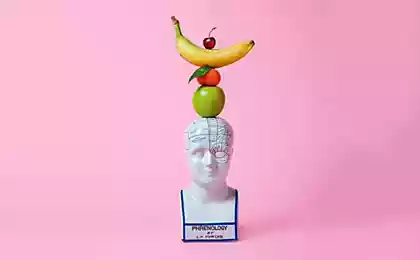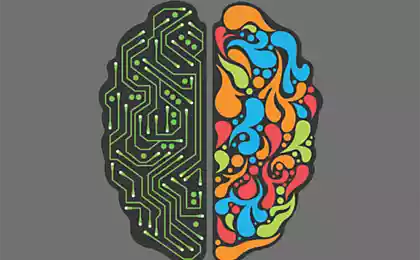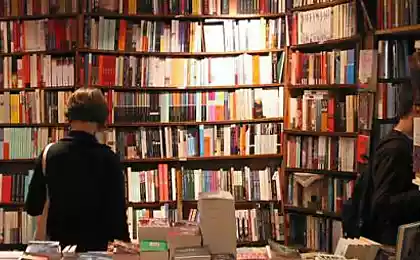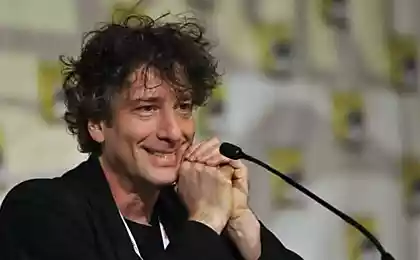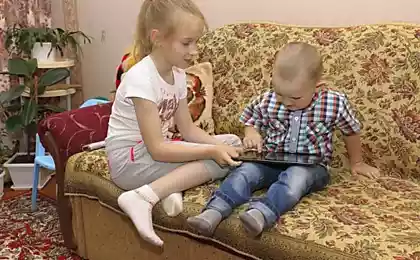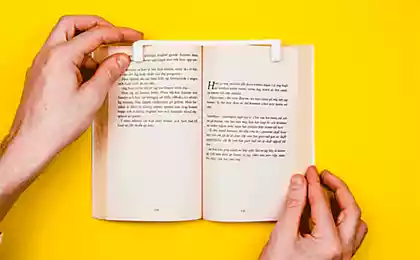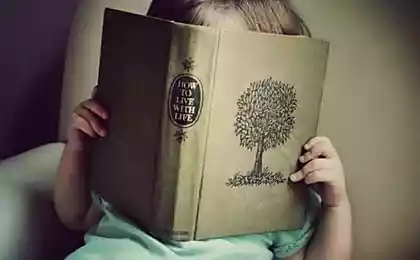779
After this article, you will understand why you should read books. Our future depends on reading!
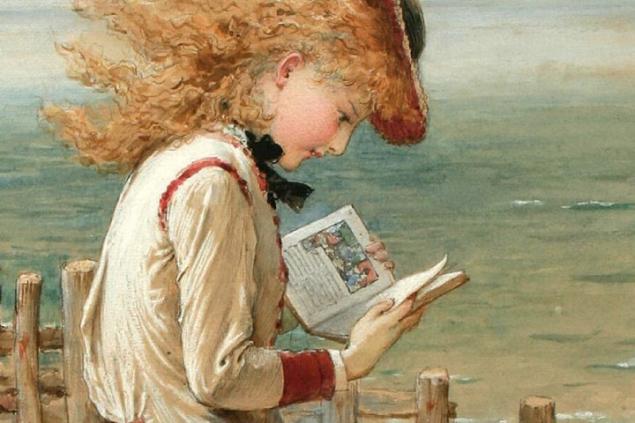
Nowadays, many people do not like to read and, moreover, even manage to be proud of it. Such people cause nothing but regret, because the presence of self-awareness and abstract thinking is what distinguishes man from an animal. It’s probably hard to argue that reading helps develop abstract thinking and fantasy.
A year ago, renowned writer Neil Gaiman gave a lecture in London to show the importance of reading and the importance of libraries in the modern world.
“It is important for people to state which side they are on and why and whether they are biased. A kind of declaration of user interests. So I'm going to talk to you about reading. I'm going to tell you why libraries are important. I'm going to suggest that reading fiction, reading for pleasure, is one of the most important things a person can do. I'm going to encourage people to understand what libraries and librarians are and keep them.
I am extremely biased, and this is obvious: I am a writer, most often writing fiction. I write for children and adults. For over thirty years I have been making a living with words, ordering and writing them down. Obviously, it is in my interest that people read, in their interest to read fiction, in the interest of libraries and librarians to exist and to foster a love of reading and places to read.
So I'm biased as a writer.
But I am even more biased as a reader. Even more so as a British citizen.
Reading changes us. And that’s the change and the reading I want to talk about today. I want to tell you what good reading does.
One day, while in New York, I heard a conversation about building private prisons, a fast-growing industry in America today. The prison industry needs a growth plan: how many cells will they need to build? How many prisoners will there be in 15 years? And you know, they can predict this very simply by using a very simple algorithm based on the question: How many 10 and 11-year-olds can't read? And of course they can't read for fun?
Of course, everything is not so clear: we cannot say that there is no crime in a competent society. But there are real correlations.
And I think some of these correlations happen for a simple reason: literate people read fiction.
Literature has two uses. First, it's a drug jump to reading. Wanting to know what's going to happen next, wanting to turn the page, wanting to keep reading, even if it's very difficult because someone's in trouble, and you need to know how it's going to end. . .
It's a very strong desire. It forces you to learn new words, to think in new ways, to carry on. To learn that reading is enjoyable in itself. And if you realize that, then you are on your way to reading everything. A couple of years ago, there was a rumor that we live in a post-literary society in which the ability to understand words is superfluous, but those days are over. Words are more important than ever: we navigate the world with words, and as the world slides through the web, we must follow, communicate, and understand what we read.
There are people who can't understand each other, can't exchange ideas, can't communicate, and translation programs are powerless.
The only way to surely raise literate children is to teach them to read and show that reading is a pleasant pastime. It means finding books they like, giving them access and letting them read them.
There is no such thing as a “bad book” for a child. Now it is fashionable among adults to point out the type of children's books, genre or even author and proclaim them bad books, and warn children against reading. I've seen it over and over again - dozens of authors have fallen victim to this attitude, and comics are accused of promoting illiteracy.
It's nothing. It's snobbery and it's stupid.
There are no bad children's authors. Children, like you, want to read and learn because every child is different. They can find the stories they want and introduce themselves to any story. Bashed and worn-out ideas are not like that for children. This is the first time a child has encountered them. Don’t prevent children from reading because you feel they are reading the wrong thing. Books you don’t like are a drug jump to other books you might like. Not everyone has the same taste as you.
Well-meaning adults can easily destroy children's love of reading: forbid them to read what they have, or give them decent but empty literature that they enjoy - the 21st century equivalent of Victorian "improved" literature. They will grow up to be a generation that believes that reading is neither cool nor fun.
The second thing that literature does is help develop empathy. Reading, we imagine what is written in simple letters, imagine ourselves in the place of the heroes of the book, understand that each of them is a person. And empathy is what helps a society interact and behave more than a self-absorbed individual.
Another important thing you will learn from reading is that the world does not have to be as it is. It could be different.
Literature can show you a different world, take you to a place you've never been before, and once you've been there, you want to change the world for the better.
Another way to destroy a child’s love of reading is to make sure there are no books and no places to read. I was lucky: where I grew up, there was a great library, and every morning on the summer holidays I came there. And when I read children's books, I started to be adults.
There were great librarians there who liked books and liked being read. They were not snobbish about what I read.
But libraries are freedom. Freedom of reading, freedom of exchange of ideas, freedom of communication, freedom of access to information. In the 21st century, people don’t understand what libraries are.
Information has a price, and the right information is invaluable. Every two days, humanity now produces as much information as it has produced since the dawn of time before 2003. A library is a place where people come for information. Books are the tip of the iceberg: in a library, for example, a person who does not have a computer can go online for free, which is very important if you are looking for a job. Librarians, as before, help people navigate the world.
I don’t think all books will be on screen. Long before the invention of e-books, I was told that a book was like a shark. Sharks are very ancient: they were in the sea long before the dinosaurs. And the reason sharks still exist is that nothing and no one is a better shark than the shark itself. It’s the same with books: they’re good at their books, and the library is the place for them.
Literacy is very important in the modern world of emails and SMS. We need to be able to read and write to be connected.
I hope we can give our children a world where they can and will want to read if we want them to grow up to be educated and active people.”
It is hard to disagree with these words. No wonder they say that a book is the best cure for a bad mood. In the modern world of stress, it is very important to keep yourself in good shape.
Share this information with your friends so that as many people as possible want to develop.
readingagency.org.uk/news/blog/neil-gaiman-lecture-in-full.html
If you think that this guy goes on the rocks, you are deeply mistaken ... Amazing trip!
This experiment proves that no man can lose sight of beautiful female buttocks!






